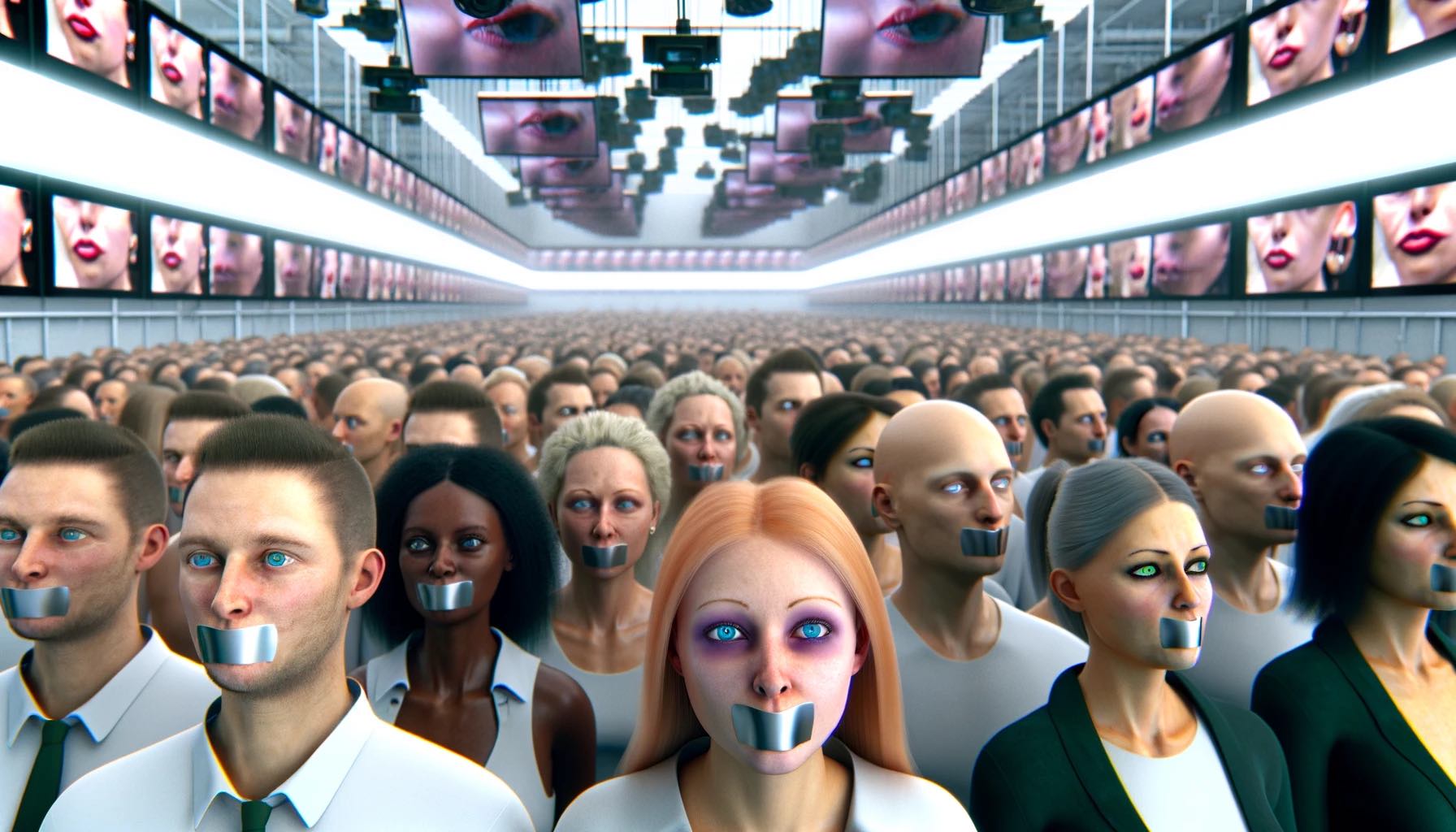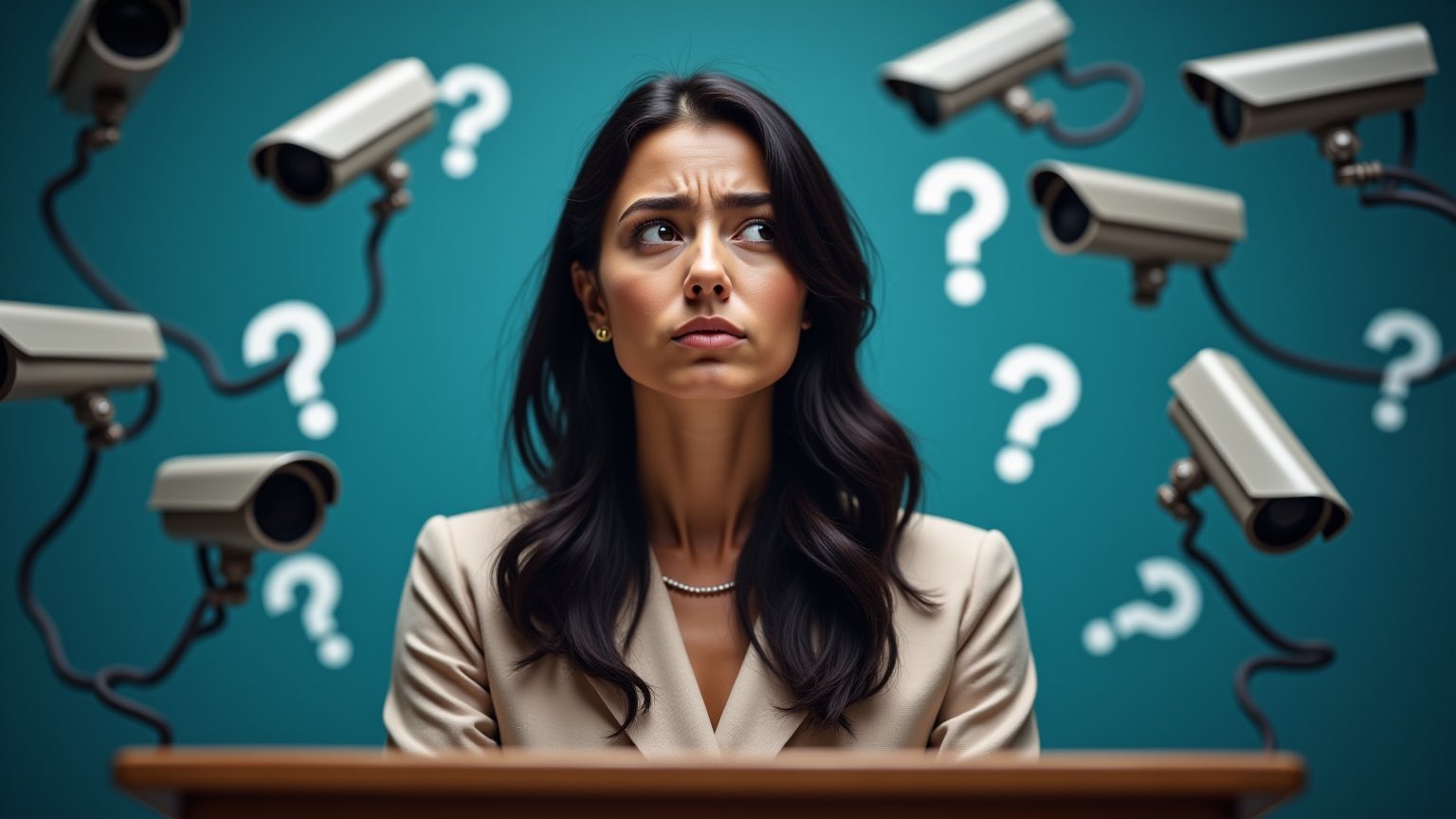
Globalism makes freedom of speech impossible
- Martin Enlund
- 4/23/24
Last year there were burnings of religious books in Sweden, leading to a diplomatic crisis. During a press conference, Prime Minister Ulf Kristersson emphasized that the government is currently not planning to restrict freedom of speech, although some of his government colleagues seem to take a different view.
In the 1960s, media theorist Marshall McLuhan expressed concern over the implications of what would evolve into a “global village.” Advancements in communication technology would transform the entire globe into a kind of global community, with shared experiences and immediate access to information. Electronic media would enable a sense of global closeness. Different parts of the world would become aware of each other and influence each other, potentially blurring the boundaries between nations and cultures.
Perspectives on freedoms and rights can vary significantly
While such blending may be desirable, it is not without its challenges. For instance, perspectives on freedoms and rights can vary significantly between cultures and countries. Even truths and falsehoods differ. Asserting that the Armenian genocide occurred, for example, can lead to imprisonment in Turkey, whereas in France, denying the same genocide can result in imprisonment. If issues like these are elevated to a global level or to the EU or NATO level, whose rules should prevail? Will this genocide even be open to discussion?
Hence, McLuhan would not have been surprised by today’s debate on freedom of speech. Unlike how many individuals a speaker from the corner of Hyde Park could reach in the 1800s, an individual’s speech—or action in the case of Quran burnings—can now reach billions of people, for better or for worse. Perhaps it is time to reconsider freedom of speech?
Individuals who violate the terms of use are banned
On global social media platforms, freedom of speech has long been restricted; users are sometimes even blocked from sharing legally permissible content like links to news articles. Individuals who violate the terms of use are banned, sometimes losing their incomes. If these user agreements of the digital panopticons were adopted in the broader society, it would represent a significant restriction of freedom of speech.
In his book Orthodoxy, author and literary critic G.K. Chesterton wrote, “There is a thought that stops thought. That is the only thought that ought to be stopped.” Isn’t this precisely what proposals for restricted freedom of speech do?
Decentralise instead of globalise?
If freedom of speech cannot be maintained due to the progression towards a global village (a.k.a. globalism), should it truly then be freedom of speech that we abolish? Perhaps it would be better to instead scale down the global village. Decentralise, localise.
After all, without commonalities there can be no community.
If you wish to subscribe, sign up here!
Cover image by Dall-E


